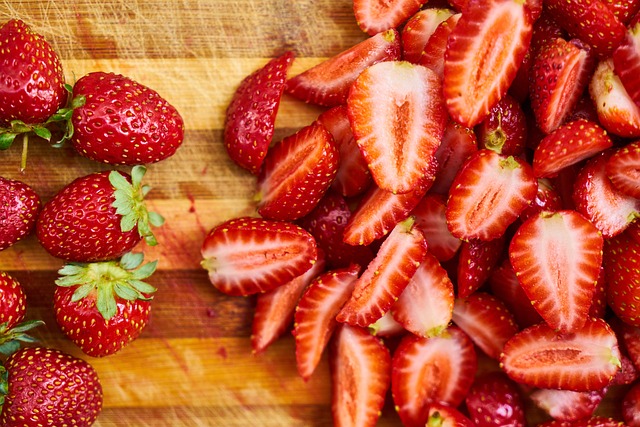Introduction
Probiotics have become increasingly popular in recent years as people have become more health-conscious and interested in natural ways to promote well-being. Probiotics are live microorganisms that are beneficial for the host and can be found in certain foods or supplements. Over the years, various studies have been conducted on the science behind probiotics, and in this article, we will discuss the findings.
The Science of Probiotics
Probiotics are living microorganisms that provide health benefits when consumed in adequate amounts. They are often referred to as “friendly” bacteria or “good” bacteria because they help maintain a healthy balance of bacteria in the gut. The gut contains both good and bad bacteria, and when the balance between the two is disrupted, various health problems can arise.
Probiotics can be found naturally in some foods such as yogurt, kefir, sauerkraut, and kimchi, or as dietary supplements in the form of capsules, tablets, or powders. There are many different strains of probiotics, each with its unique benefits. For example, some strains may help with digestion, while others may help boost the immune system, improve mental health, or reduce inflammation in the body.
The science behind probiotics is still being researched, and there is much to learn about their benefits. However, several studies have shown that certain probiotics can help with various health issues. For example, Lactobacillus and Bifidobacterium are two common strains that have been shown to help with digestive problems such as irritable bowel syndrome (IBS) and diarrhea.
Benefits of Probiotics
Probiotics have been studied for their potential benefits on a wide range of health issues. Some of the most commonly studied benefits of probiotics include:
- Improved digestion and gut health
- Reduced inflammation
- Support for the immune system
- Improved mental health
- Reduction of allergy symptoms
- Lowering blood pressure
Prebiotics vs. Probiotics
Prebiotics are often confused with probiotics, but they are actually different. Prebiotics are indigestible fibers that provide food for good bacteria in the gut, while probiotics are live microorganisms that are beneficial for the host.
Foods that are high in prebiotics include garlic, onions, bananas, and whole grains. By consuming prebiotics, you can help feed the good bacteria in your gut and promote overall gut health.
Conclusion
Probiotics are a natural way to promote gut health and overall well-being. While the science behind probiotics is still being researched, several studies have shown their potential benefits. By consuming probiotic-rich foods or taking supplements, you can help maintain a healthy balance of good bacteria in your gut, which, in turn, can help improve your overall health.







